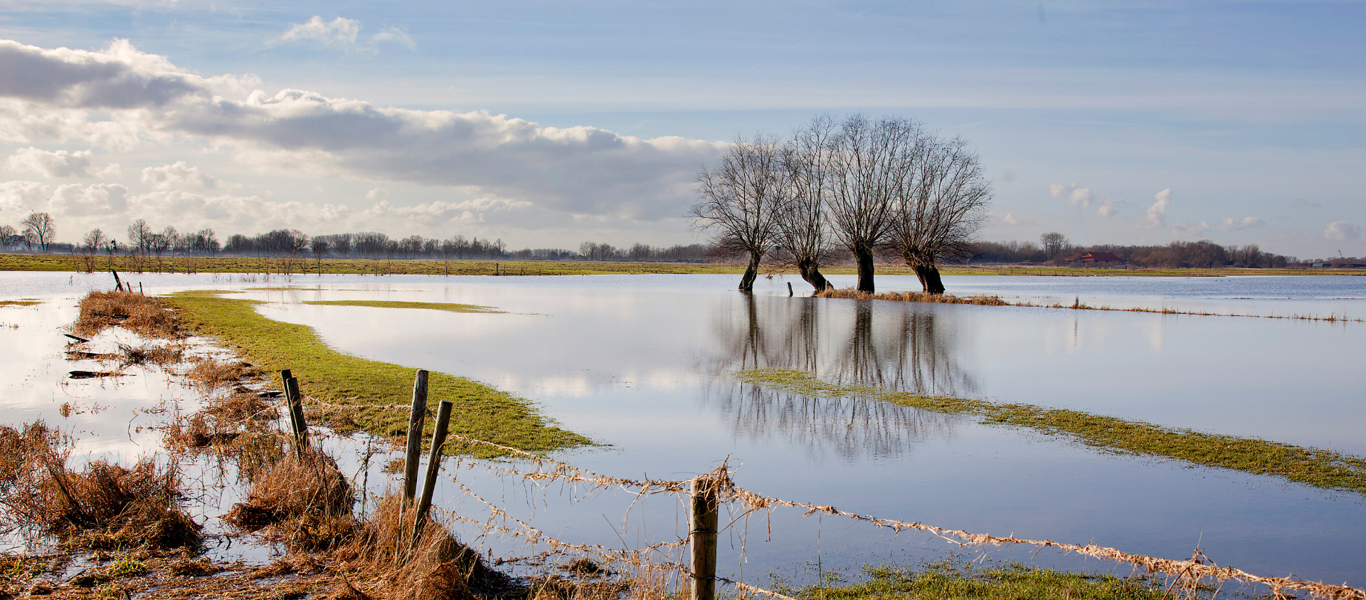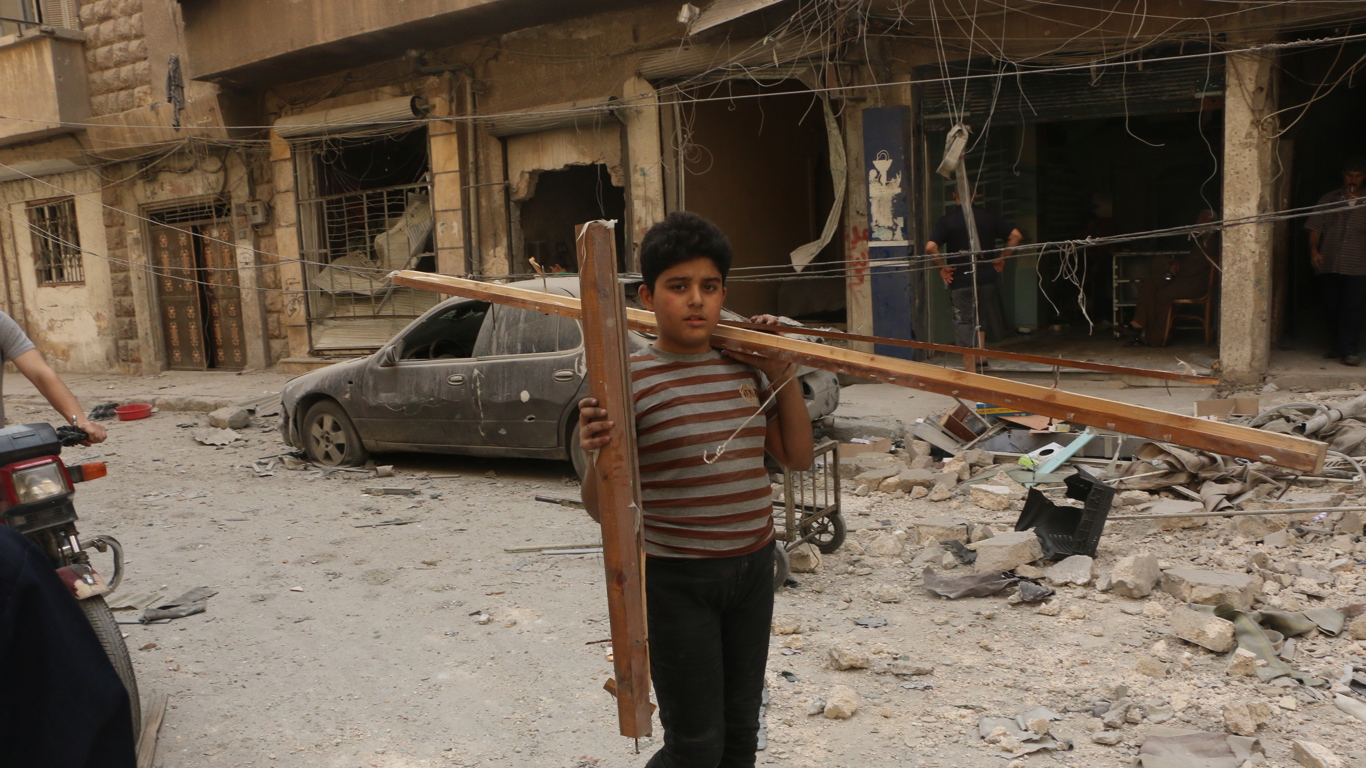
Syria Facing Worst Drought in 70 Years
An unfolding water crisis in Syria and Iraq has left around 12 million people without access to water, food and electricity, fuelling concerns that the situation could deteriorate into a major humanitarian catastrophe.
Across the region, a combination of increasing temperatures, record low levels of rainfall, and drought are causing acute water shortages which are depriving people of drinkable and agricultural water. These shortages are causing major disruption to the electricity supply as dams run out of water, which in turn is impacting the functioning of essential infrastructure such as health facilities.
Given the range of crises currently facing Syria - such as conflict, COVID-19 and economic crisis - this latest disaster threatens to prompt a new wave of displacement, with experts fearing that the total collapse of water and food production is imminent.
Since Autumn 2020, unseasonably low levels of rainfall have played a key role in the drought conditions across Syria and Iraq. The unfolding crisis is also linked to the progressively decreasing water flows into the Euphrates River, which fell from 500 cubic metres per second in January to 214 in June 2020. More than five million people depend on the river for their livelihood and have been affected by the crisis, as around 400 square kilometres of agricultural land are now at risk of total drought.
In communities across Syria, including Hassekeh, Aleppo and Raqqa, the reduction in the water supply has led to increased prevalence of waterborne diseases such as diarrhoea. Added to this, two dams in northern Syria are now on the brink of closure, placing around three million Syrians at risk of power outage.
Yet in Syria, water shortages are nothing new. Years of conflict have taken a disastrous toll on the country’s water, sanitation and hygiene infrastructure, placing around 14.6 million people in need of safe and regular access to clean water. This context is of huge importance to the ongoing crisis. The people of Syria were already experiencing an acute level of water, sanitation and hygiene needs, but are now faced with the most severe droughts for the last 70 years and a myriad of related issues, such as disease outbreaks and power outages.
To prevent irreversible damage, urgent action is needed. Through our Water, Sanitation and Hygiene Fund, we are implementing a range of projects that connect local communities with a clean water supply. From building sustainable water wells to maintaining water trucking services in displacement camps, we are committed to ensuring that no one is forced to go without.

